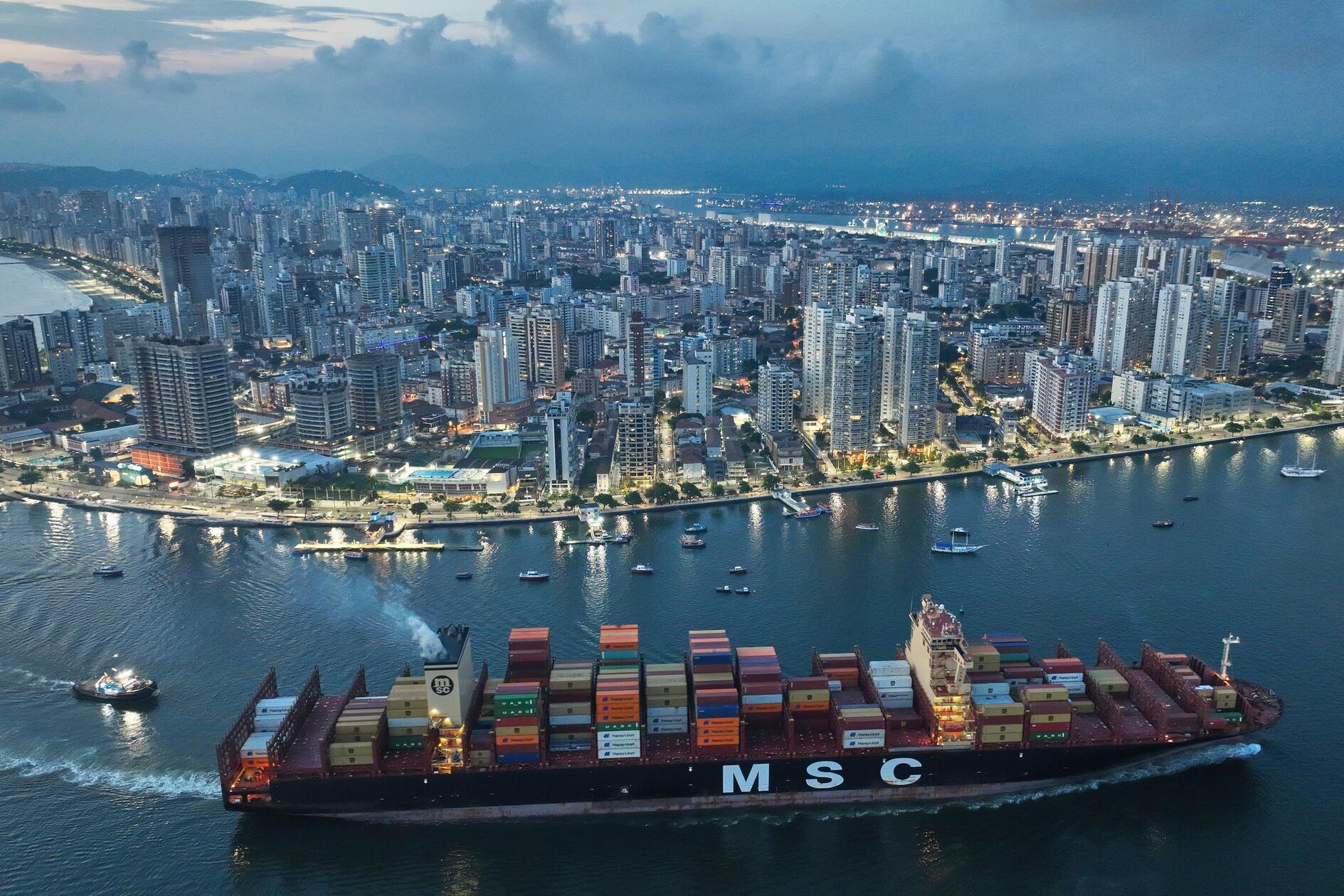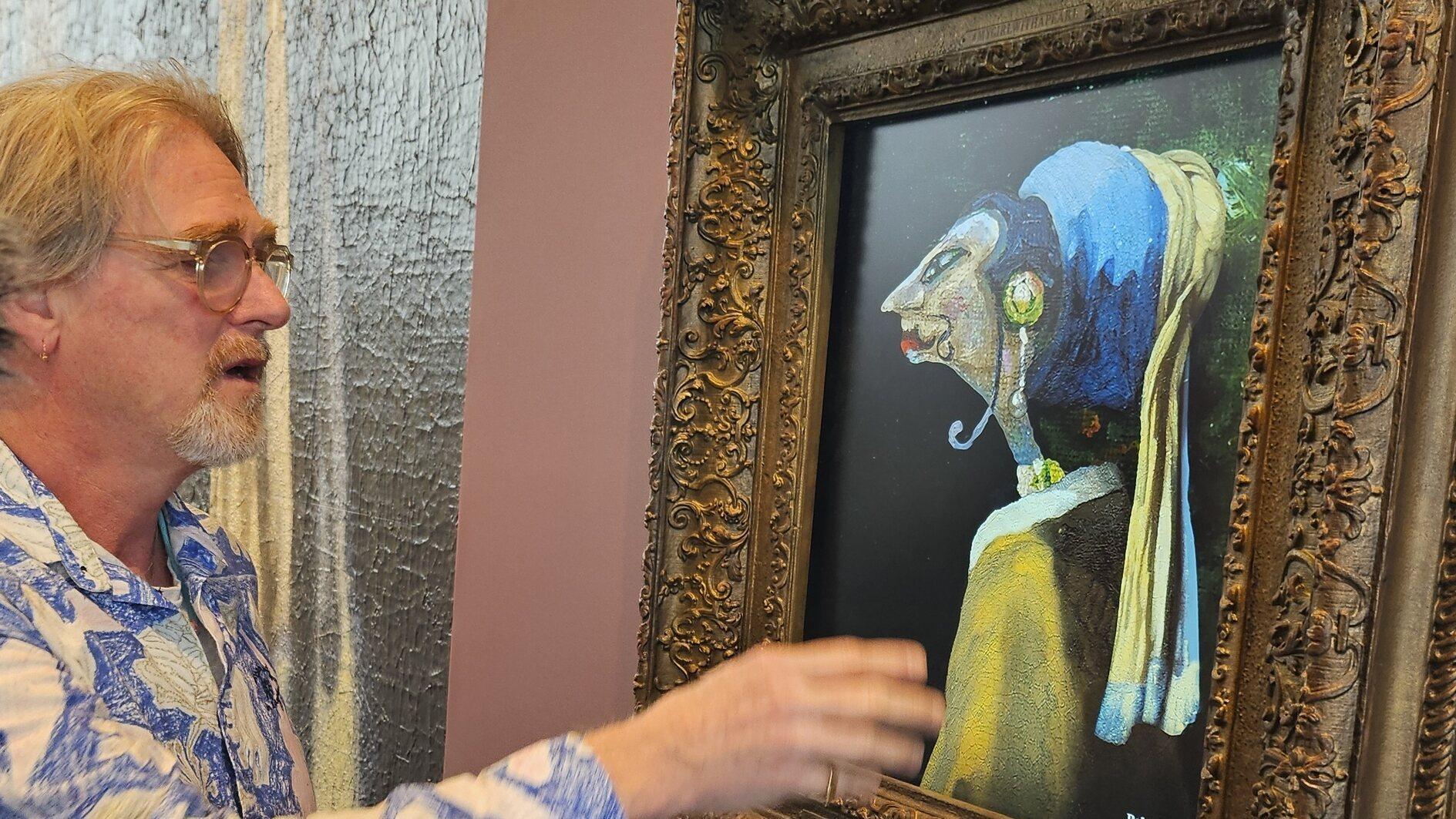We don’t need outsiders to divide us
Seeing the country divided has always been an elemental fear in Turkey. Myths about “outside powers which are out to divide us” have always abounded in our political and social lore. Trying to maintain national unity by force has more often than not been the case.
President Recep Tayyip Erdoğan has been playing the “nefarious outside forces” card also recently. He believes these forces are trying to revive the Treaty of Sevres, which is so hated by Turks, while latter-day Sykes’ and Picot’s are attempting to redraw the map of the Middle East and change Turkey’s borders.
His references pertain to current developments but refer to the environment of the First World War, and immediately following it, when Turkey emerged from its ashes after the victors tried to divide Anatolia according to their own imperial plans.
But we live in a different age when Turkey is more than capable of standing on its own feet. Yet one can not argue against those who try to revive the political imagery of a century ago. Those who can not follow their logic are accused of being “naïve,” and exhorted to “wake up to facts.” Take arguments about the alleged U.S. desire to ultimately divide and destroy Turkey.
There are many reasons to believe that Washington would want, for the sake of its own interests, to retain a strong and unified Turkey, its ally of 50 years in a volatile part of the world. But these are lost on those who claim the opposite and believe the opposite.
Once a mind is fixed on a notion there is little facts can do. Mevlana (or Rumi as he is otherwise known), the revered Sufi poet and thinker, is reputed to have said that he lost every argument he entered into with ignorant people.
Everyone with a little sense knows, of course, that countries are in a state of constant struggle to promote their own interests. Turkey is no exception and the fact that it is currently accused by many in the Middle East of meddling in the region’s affairs attests to this.
But everything has to be kept in reasonable proportion. Much more crucially, though, claims about “outside forces which are out to undermine our national and territorial unity” should not be used to cover up our own shortcomings.
Turks may have an elemental fear of division, but looked at factually Turkey is one of the most internally divided countries in the world. The angry insults and accusations flung at each other by politicians on a daily basis, the animosity that prevails along secular-religious lines, the ethnic and sectarian divides that are like half-healed wounds ready to fester at any moment are all proof of this.
We can’t even celebrate our national holidays without fighting. If there are outside forces out to divide us we certainly make life easier for them. Given the social, political, religious and ethnic fault-lines we have it is evident that this country needs a sophisticated system of democratic governance where no one feels he or she is disenfranchised.
This is vital if Turkey is to ever reach the stability that will ultimately take it forward and make it one of the leading countries in the world, a potential which no one denies it has. Instead we see divisions stoked by the very people who are supposed to provide this kind of governance because they still believe there are historic scores to be settled at home.
President Erdoğan’s blistering accusations aimed at social and political groups he does not like is proof of this. His was rarely unifying as Prime Minister. He is continuing in the same vein as President.
But he is now in a position which is supposed to be above party politics and from where he reaches out to the nation as a whole, and tries to overcome social differences for the sake of a healthy, growing and prospering Republic.
He should stop therefore searching for “scheming outside forces” and concentrate more on overcoming the demons we have at home if he really wants to see the Turkey of his grand vision emerge.











